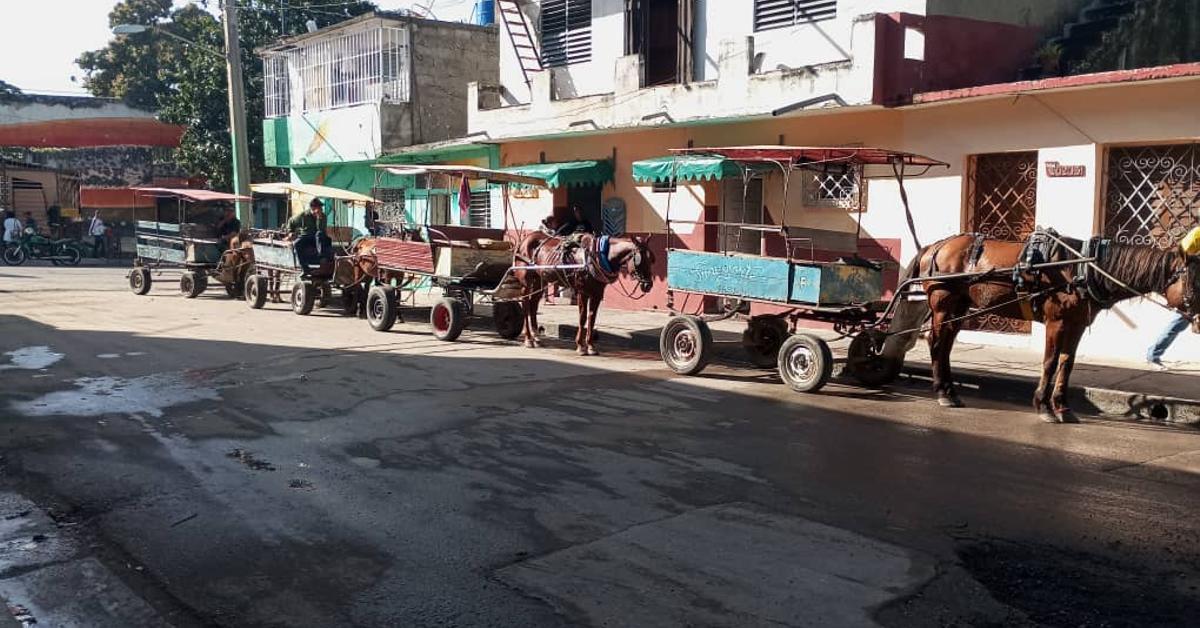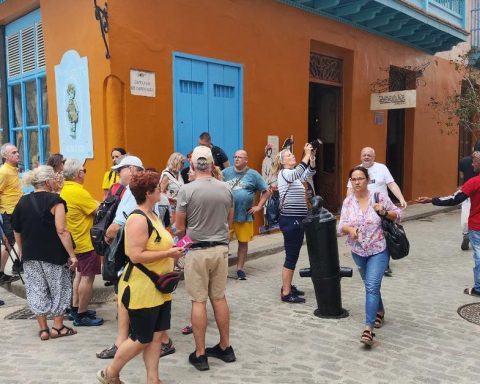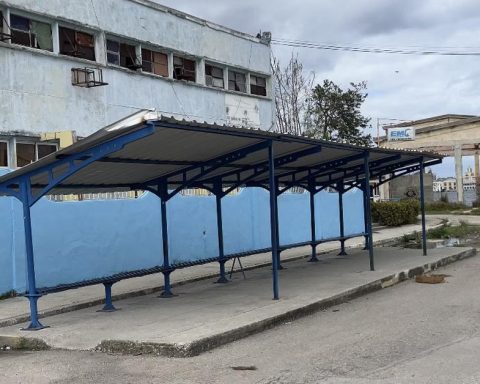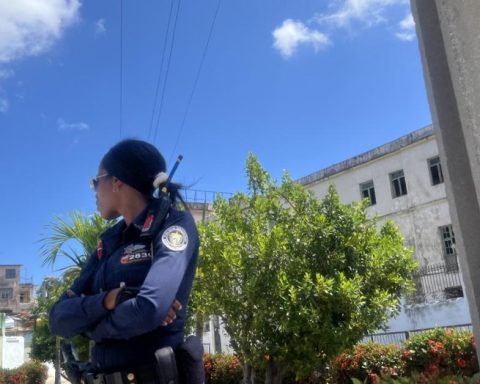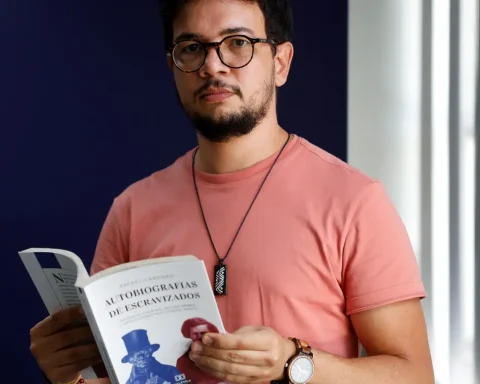Cienfuegos/“The State buses are not competition for us, because they practically do not exist,” mocks a cart driver waiting to load his car right where the Calzada de Dolores begins, in Cienfuegos. That the surroundings of the piquera, where the government has located them, far from the center, has become a dumping ground for urine and animal feces, does not prevent people from approaching and riding the rickety carts to go to any point of the city.
“We could use a better location. People who are in El Prado, for example, and go to Tulipán have to walk at least ten blocks to get here, passing through Villuendas Park,” explains Jorge, who has been driving his cart for 18 years.
Far from granting them the opportunity they seek, these transporters denounce that local authorities have been “on the verge of annihilating the carts completely.” Jorge is grateful that, every time the measure has been about to be taken, the fuel crisis and the lack of buses have put the balance in favor of the coachmen. However, the government’s attitude remains hostile.
“The only thing missing from the Party leadership is to blame us for causing an epidemic, because together with the Community Services Company and the Ministry of Labor, they have changed our routes, they have raised our taxes, they have controlled our rates. of prices, and all with the objective that we disappear,” he says.
When the law tightens, the man explains, the cart drivers look for a way to survive. The most common thing, he says while giving the tail to a colleague who has just arrived on the road, is to rent the vehicle. “Every time we can we have to rent the car, because it is the only way that the bill will be enough to pay the tax, maintain the cart and take care of the horse,” he says. But with so many people dedicated to the same thing, it is not easy to achieve more than three or four rentals per week.
Jorge also regrets that the cart routes are not as flexible as those of tricycles and motors.
Jorge also regrets that the cart routes are not as flexible as those of the tricycles and motors that also offer trips in the center. But the coachman knows that, compared to the motorized ones, his union has an advantage: prices. “Not everyone can rent a scooter to La Juanita or Junco Sur, because they easily charge 1,000 pesos for the trip,” he says.
Osmani, the young coachman to whom Jorge gave the last one, agrees on almost everything with the man, who has become a kind of mentor in the trade: “Many people complain that our journeys are limited, but we all know that the “We are not guilty.”
Seven months ago the boy began the procedures to finally put his car on the road. “Instead of making things easier, what they do is put bureaucratic obstacles that discourage anyone. And after the initial difficulties are overcome, then comes the daily struggle with the inspectors, willing to issue a fine even for the animal’s excrement,” he complains.
In piquera time is money. That is why coachmen try to fill the carts quickly and, when they fail, customers become impatient. “When they tell you that they are going to the Provincial Hospital entrance or the bus terminal, in reality they stay two or three blocks before the place. It’s not the drivers’ fault that they can’t get there, but we customers pay for a journey that is never completed,” laments Idania from the seat of one of the cars waiting to fill up. “When I get off, I still have to take another transport to get to my house, in the Reina neighborhood.”
/ 14ymedio
With the 20 pesos of the ticket in hand, Idania launches into a brief analysis of the transportation problem in the city. Their conclusions are not good: there are no buses, alternative transportation is expensive and the cheapest, such as carts, does not cover all the routes it could.
The woman also does not like the idea that hundreds of Cienfuegos residents move every day thanks to animal traction. “Obviously I am in favor of animal protection, but in our country we cannot do without this means of transportation,” he says. With the cart full and ready to leave, Idania ends the conversation with a maxim that the rest of the passengers approve: “If it weren’t for the horses, we would have to walk the entire city on foot.”
